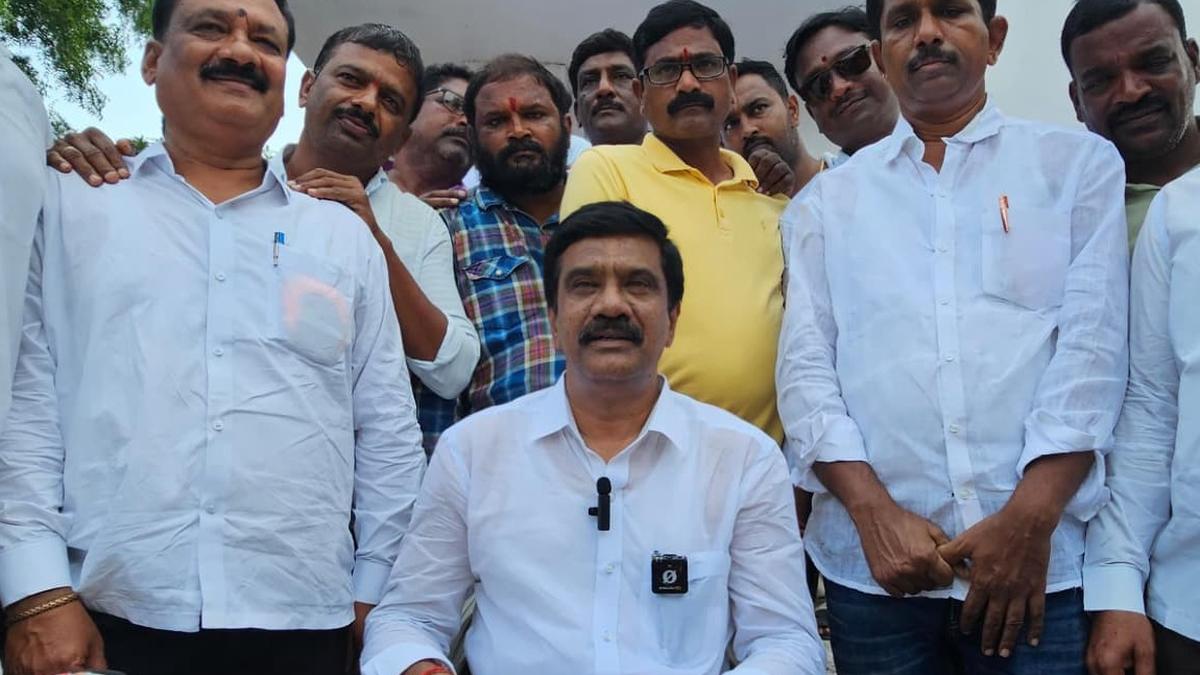At a time when literature festivals are being organised across the country and language conflicts are becoming increasingly common, Jadavpur University is holding a translation festival in Kolkata that seeks to strengthen the archive of Indian literature and give a boost to indigenous dialects.
Coinciding with International Translation Month, the festival began on September 12 and will continue till September 19. It is also being held to mark 20 years of the university’s Centre for Translation of Indian Literatures (CENTIL).
According to organisers, the festival is “unique” as it is structured around five one-day translation workshops involving students from five institutions — Amity University, Basanti Devi College, Gurudas College, Ramakrishna Mission Residential College, and Jadavpur University. Spread across as many venues, the workshops deal with multiple languages simultaneously: Bangla to English, English to Bangla, Nepali to English, Nepali to Bangla, and Nepali to Khasi.
“The festival is also important because it tries to popularise the idea of translation not just as an individual act but as a collaborative exercise where multiple individuals work on the same text, an approach we have been employing for years now,” said Sayantan Dasgupta, professor of Comparative Literature at the university and joint coordinator of CENTIL.
“We focus on academic social responsibility. We don’t translate bestsellers. Rather, we work on lesser-known linguistic traditions and texts. We have worked with languages such as Nepali, Lepcha, Kudmali, Kurux, Sadri, Tibetan and Bodo, apart from Bangla, Hindi and English. The idea is that these indigenous languages all have a rich oral and sometimes written culture, but the rest of the country has very little idea about them,” Prof. Dasgupta said.
“Through translation, we strive to enhance that awareness and expand the national imaginary, highlighting the cultural wealth and diversity of India. Also important to note is the fact that we involve students heavily in our translation activities. In most of our projects, our students have taken on the role of translators as they have been gradually trained in the difficult and challenging art of translation,” he said.
The very idea of the festival, therefore, is to promote collaborative translation, where it is not a single individual translating a text from Source Language to Target Language, but an expert from the Source Language working with one or more persons representing the Target Language, engaging in detailed discussion of the text.
“It is very important to recognise the importance of translation in a country like India and give it the status it deserves. Likewise, we need to get young people involved in the art and craft of translation. This will provide them a useful skill and also instil in them a sense of the rich diversity of India and enrich the different languages we have,” Prof. Dasgupta said.



.png)
.png)
.png)
















 1 hour ago
4
1 hour ago
4








 English (US) ·
English (US) ·